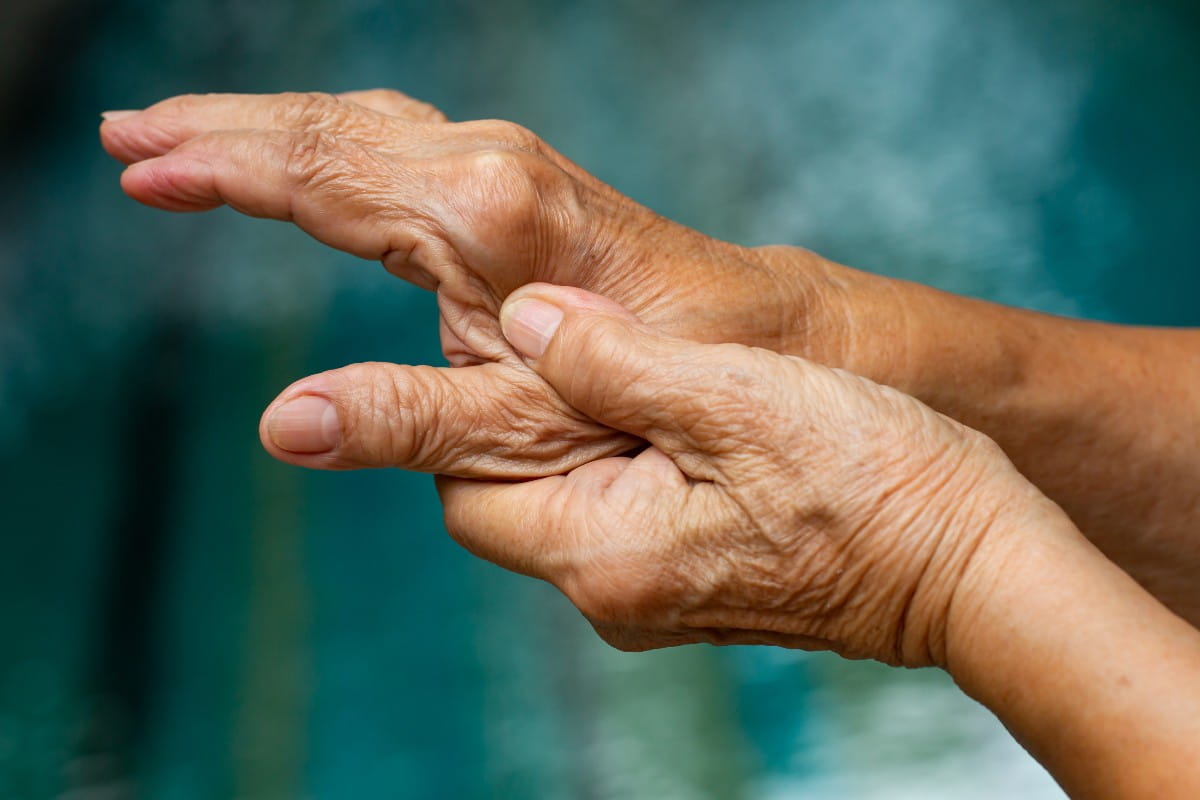Don't skimp on nutrition when you are training for your next race. Food is fuel and how you run and recover from your runs depends mainly on the nutrients in your diet. Forget the days of piling pasta on your plate. You need more than carbohydrates to fuel your personal best.
"Your body needs a mix of colorful, complex carbohydrates as well as muscle-building protein and healthy fats to fuel your next run or race," says Alison Manger-Weikel, Registered Dietitian with Riverside Health.
First, start early
Your nutrition strategy starts weeks before the actual race day. While you're training, the food you eat provides essential nutrients for training runs and recovery. It's also a time to experiment with meals, snacks and timing to discover what works best for your body.
As you train and eat, take some notes on what works well and what doesn't. Consider your energy levels, digestion, sleep and stamina. It can take some trial and error, but you'll get used to designing and timing your ideal race day nutrition plan with some practice.
Second, let your plate be the guide
The first step in a healthy nutrition plan is making over your meals. Create healthy, well-balanced meals using the plate method. The plate method is a tool created by the USDA and serves as a simple way to implement healthy eating recommendations.
Fill half your plate with color
Half your plate should be colorful fruits and vegetables. Bright colored produce provides vitamins, minerals, water, slow-digesting carbohydrates and phytonutrients to repair muscles and supply energy.
Choose high quality, complex carbohydrates
Fill a quarter of your plate with complex carbohydrates like brown rice, quinoa, whole grain pasta and potatoes (white or sweet). Complex carbohydrates are slow-digesting and provide sustained energy. These carbohydrates enter your bloodstream as glucose (blood sugar) and get stored away in your liver and muscles for energy during activities like running. White sugar, white bread and juice also provide carbohydrates, but energy from these foods is quick and fleeting. You'll often notice a crash in energy when your diet includes these low-quality carbohydrates.
Round out your plate with protein
The remaining quarter of your plate is for protein. Protein helps repair and build muscles, so as you train, you get stronger. Protein is in many foods like eggs, salmon, chicken, beans and tofu, and a palm-size portion of protein is a good starting point. Larger people and those who are more active may require more.
Protein is a great place to tailor the plate to your needs. Are you hungry in between meals? Are you sore after a run? Are you having a difficult time progressing in your training plan? These are all signs you may need a bit more protein.
Third, don't skimp on hydration
From your heartbeat to digestion, every metabolic reaction in your body requires water. If you are even slightly dehydrated, energy levels decline, muscles don't work as well, even thinking slows down. You need 8-12 cups of caffeine-free fluid each day, ideally unsweetened. What falls into this category?
- Water
- Seltzer water
- Herbal tea
- Milk (plant and cow's milk)
It's best to spread fluids throughout the day to maintain pale, diluted urine. If urine is dark, you need more fluids.
Skip the sports drinks most of the time
Sports drinks are beverages enhanced with electrolytes (sodium, potassium, chloride, etc.) to replenish depleted electrolytes from sweat or other fluid losses. Popular sports drinks are often loaded with sugar and do not have the ideal electrolytes for rehydration. What's more, most people don't need sports drinks at all. Electrolyte enhanced beverages are only helpful during extreme temperatures, excessive sweating or exercise lasting longer than 1 hour. If necessary, look for brands without added sugars.
Fourth, add snacks and shakes
When you've got your meals and hydration strategy down, enhance your overall nutrition by adding timely snacks or protein shakes. Snacks can provide nutrients in smaller quantities that are easier on the stomach, and protein shakes timed right after a run enhance recovery and are often easier to get in than a meal.
When building your snacks, keep in mind the balanced plate – pair some produce with a healthy fat or protein for satiety (fullness) and long-lasting energy. Some great training snacks include:
- Banana with peanut butter
- Carrots and hummus
- Yogurt with berries
- Clementines and trail mix
Similar to snacks, protein shakes provide a balanced burst of nutrition that is easy to take on the go. Look for plant-based protein powders without added sugar, blend with unsweetened plant milk and frozen berries for a satisfying and simple recovery drink.
Fifth, experiment, adjust and enjoy
Your training is a work in progress. Just like running, nutrition requires some practice to find the routine that works for you. Start with this foundational nutrition strategy and adjust based on your experience. With a winning nutrition plan under your belt, race day will be a breeze.
If you need support to get ready for race day, prevent or recover from athletic injuries, visit Riverside Sports Medicine.



